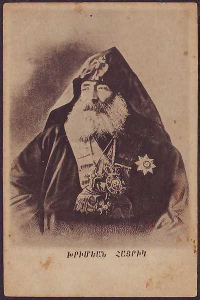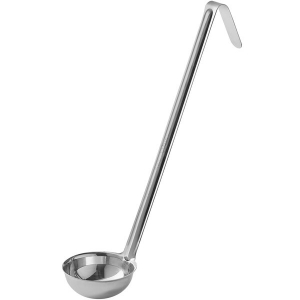Prayer for Vision
Armodoxy for Today: Need for Prayer
At noon today, January 20, the President of the United States will be inaugurated into office. There will be calls for prayers today, some will be offered publicly, while many will be offered privately. Whether you agree or disagree with the policies of the incoming administration, it is essential to heed the call to prayer. The office of President of the United States comes with an unusually unique set of responsibilities, and our prayers should come from a collective concern for the proper exercise of those responsibilities. We begin today with a prayer for wisdom and a focus on peace as he executes the duties of his office.
This year the inauguration coincides with the Martin Luther King Jr. holiday. Dr. King was known for his work in the Civil Rights movement, particularly in the South during the 1950s and 1960s. He advocated and practiced non-violent resistance as a means of bringing about social and political change. Though he had earned many prestigious titles and even received the Nobel Peace Prize at the young age of 35, he would always emphasize that first, and foremost, he was a minister of the Gospel of Jesus Christ, and as such, his message and the direction of his leadership was to be in sync with the teachings of Jesus Christ.
Perhaps less known about Rev. King’s work is that during the last years of his life he focused on opposing the Vietnam War. His Speech, “Beyond Vietnam: A Time to Break Silence,” delivered on April 4, 1967 at the Riverside Church, was a call to end killing – to end the war. The speech was his answer to his conscience, which did not allow him to stay silent in the presence of war. You may listen to the speech at the link in today’s show notes. You will hear a man struggling with the moral inconsistencies that he found in the policies of the nation.
In the Armenian Church, many of the leaders throughout the centuries have risen to call on the state to seek justice. They have empowered the people calling on them to accept personal responsibility. One such leader was Catholicos Mgrtich Khrimian. In the days ahead we will look at those lessons from the Armenian Church and will hear Khrimian’s plea tomorrow.
Today, we pray a prayer for vision, from the Rev. Martin Luther King, Jr., O God our eternal Father, we praise thee for gifts of mind with which thou hast endowed us. We are able to rise out of the half-realities of the sense world to a world of ideal beauty and eternal truth. Teach us, we pray Thee, how to use this great gift of reason and imagination so that it shall not be a curse but a blessing. Grant us visions that shall lift us from worldliness and sin into the light of thine own holy presence. Through Jesus Christ we pray. Amen.




